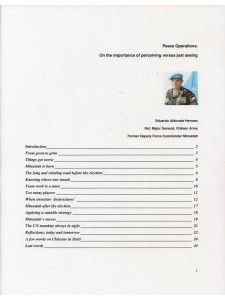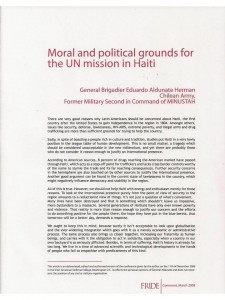
Insofar as I know, the DoD military Services remain under broad and explicit proscription from accessing the Wikileaks site or the Wikileaks releases in any form. Some of the Service directives are very intimidating, threatening court martials for military members, loss of security clearances, etc., etc. From the broadcast media, it appears that major lockdowns of information will shortly follow. And SPC Bradley Manning, currently confined at Quantico, will probably walk as, I suspect, will Hasan at Fort Hood. MA
Phi Beta Iota: This demonstrates that the National Clandestine Service (NCS) is completely ignorant of what can be known through open sources, and that the Secretary of State is not doing her job of assuring that diplomacy is not micro-tasked into what are clearly clandestine and covert operations support functions absolutely not appropriate to diplomatic status. These people should not have message release authority. The US Government needs a total make-over. First, however, CIA needs a director that is fully capable on day one.
U.S. Expands Role of Diplomats in Spying
November 28, 2010
WASHINGTON — The United States has expanded the role of American diplomats in collecting intelligence overseas and at the United Nations, ordering State Department personnel to gather the credit card and frequent-flier numbers, work schedules and other personal information of foreign dignitaries.
Revealed in classified State Department cables, the directives, going back to 2008, appear to blur the traditional boundaries between statesmen and spies.
The cables give a laundry list of instructions for how State Department employees can fulfill the demands of a “National Humint Collection Directive” in specific countries. (“Humint” is spy-world jargon for human intelligence collection.) One cable asks officers overseas to gather information about “office and organizational titles; names, position titles and other information on business cards; numbers of telephones, cellphones, pagers and faxes,” as well as “internet and intranet ‘handles’, internet e-mail addresses, web site identification-URLs; credit card account numbers; frequent-flier account numbers; work schedules, and other relevant biographical information.”
Philip J. Crowley, a State Department spokesman, on Sunday disputed that American diplomats had assumed a new role overseas.









